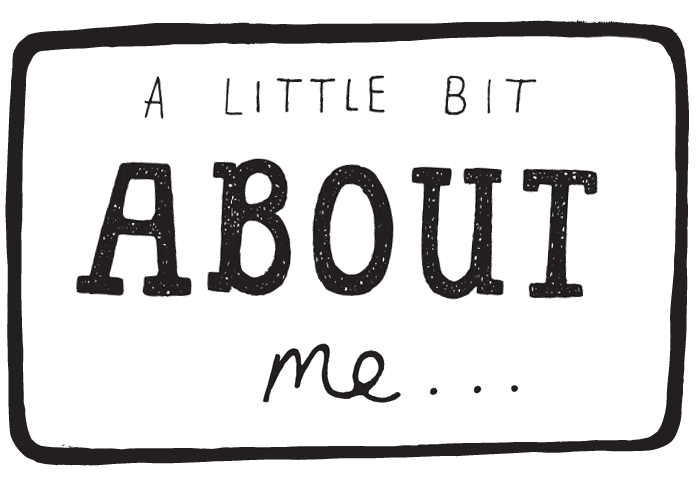Applying product thinking to your work and personal mission
Do you think of yourself as a product? Lately, I have been experimenting with thinking of myself as a product, and it has been a rewarding experience. I’ll be the guinea pig here, but I’d love to hear more about the product of You!
What & Who
What are the outcomes and capabilities I’d like to continuously deliver as product John Cutler? At the high level, I want to 1) inspire more rewarding work experiences for individual contributors, 2) create better products and services, and 3) generate positive, long-term economic outcomes for organizations and their customers.
The How Overlap
There are many “hows” available to drive those outcomes. I’m never going to be an organizational psychologist or a technical coach (unless I have a big win and can go back to school). But the circles in the venn diagram do overlap around understanding team dynamics, relating to individual contributors, outcome-driven product development, UX research, and systems thinking. So that is where I have decided to do my work.
Operating How Assumptions
Over the years I’ve built up some convictions based on my albeit biased work experiences, reading, researching, and talking to thinkers in the space. I’m operating on the assumption that the outcomes below will drive the higher-level outcomes above. It’s important to challenge those assumptions and keep looking at the data (as Google did with their Project Aristotle).
So when it comes to the How/What (in my current role, with my writing/speaking, and all future roles), I am striving to move the following needles:
- Increase psychological safety across organizations
- Increase team member time spent in flow (“in the zone”)
- Increase trust in frontline teams to deliver outcomes (vs. manage by proxy metrics)
- Increase ability for front-line teams to connect their work to core business metrics
- Increase sense-making abilities, and ability to fully understand changing fitness landscapes
- Decrease cognitive dissonance, feeling “stuck”, and weak coherence issues
- Decrease complexity added to products relative to value delivered to customers
- Increase agency and autonomy among front-line individual contributors
- Decrease process complexity that does not directly contribute to customer outcomes
- Increase awareness of neuro-diversity on teams, and ability to leverage that diversity
- Increase organizational resilience and ability to adapt to/benefit from uncertainty
- Decrease impact of local optimization on global system health and outcomes
Why
The Why is that I see so many crappy products out there (and wasted effort), and I see so many builders and designers working on the front-lines feeling disconnected from the impact of their work. I also see so many companies falling into the trap of over-fitting for short-term economic gains vs. long term economic outcomes. They may limp along, but in the process they become crappy places to work. And I believe there are better ways to approach this. That’s where my passion is.
So that’s the product of John…warts and weirdness and all. How about the product of You?!
For the next post … the UX of the product of You!
